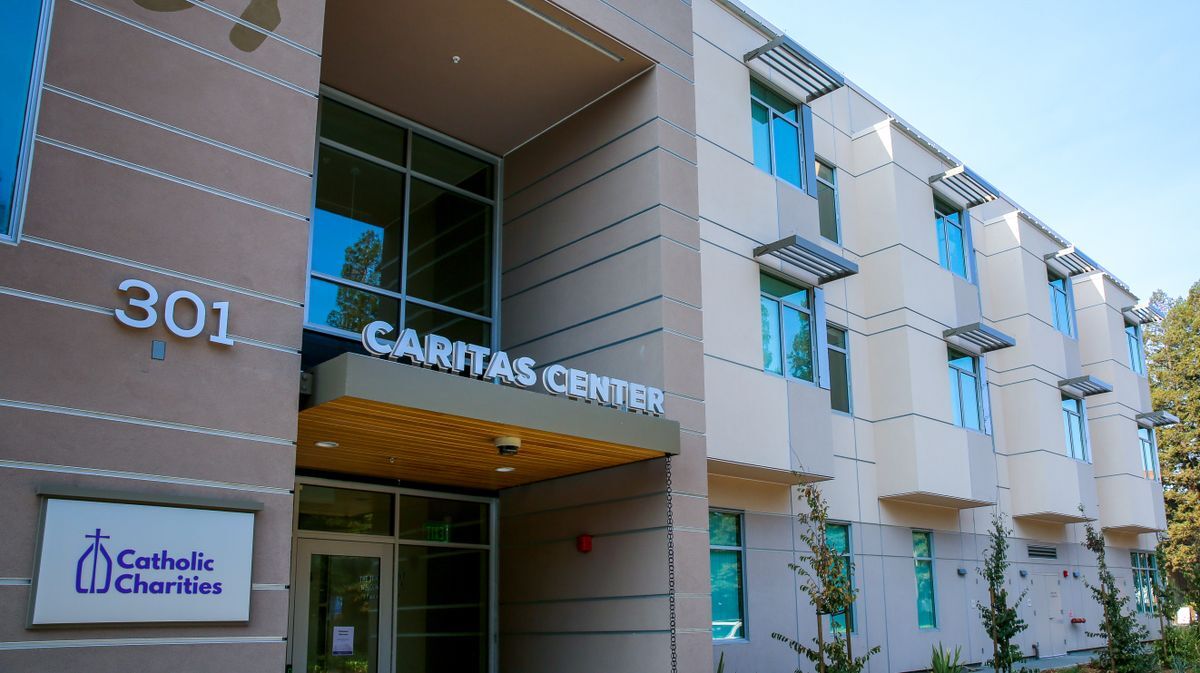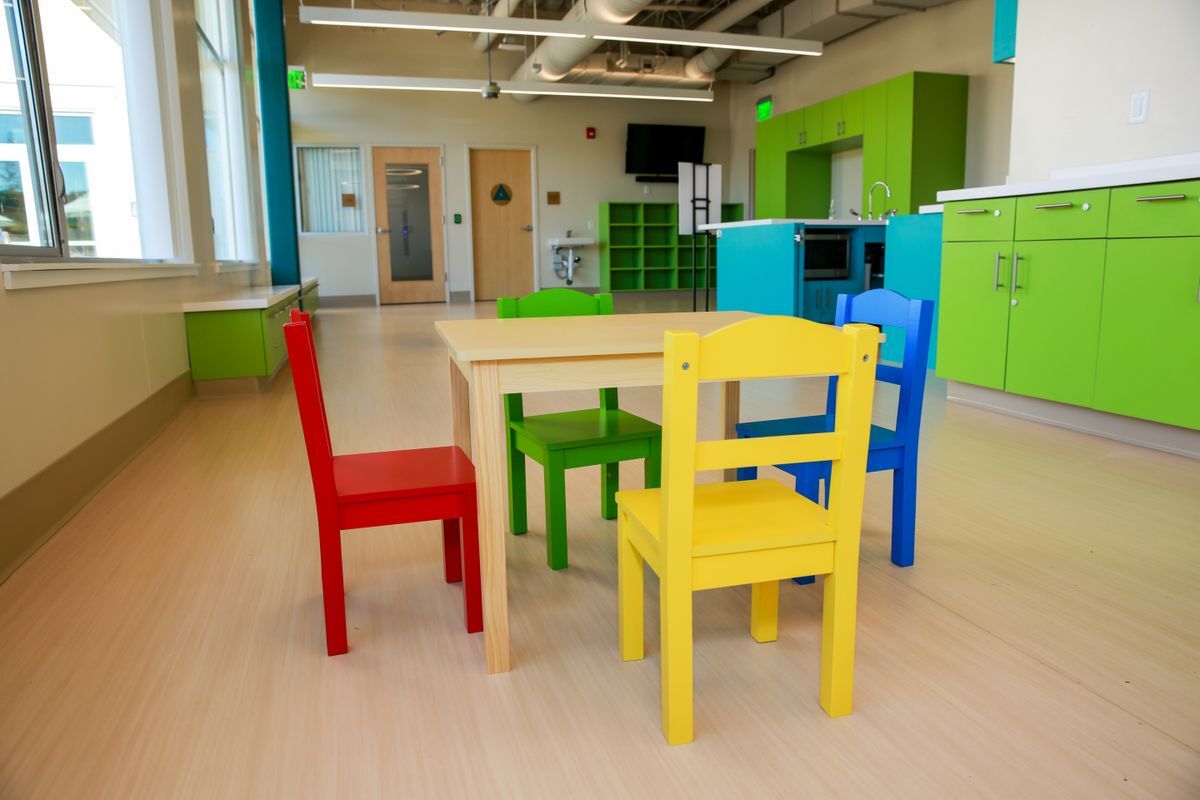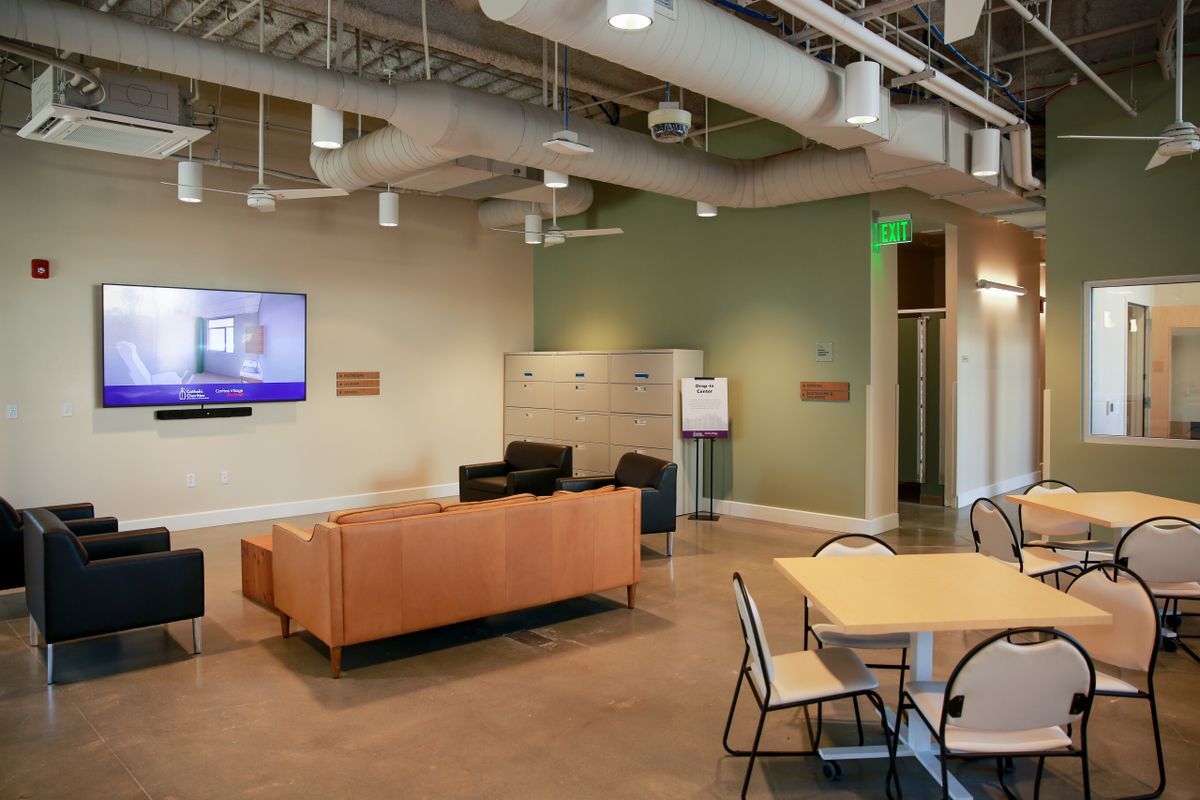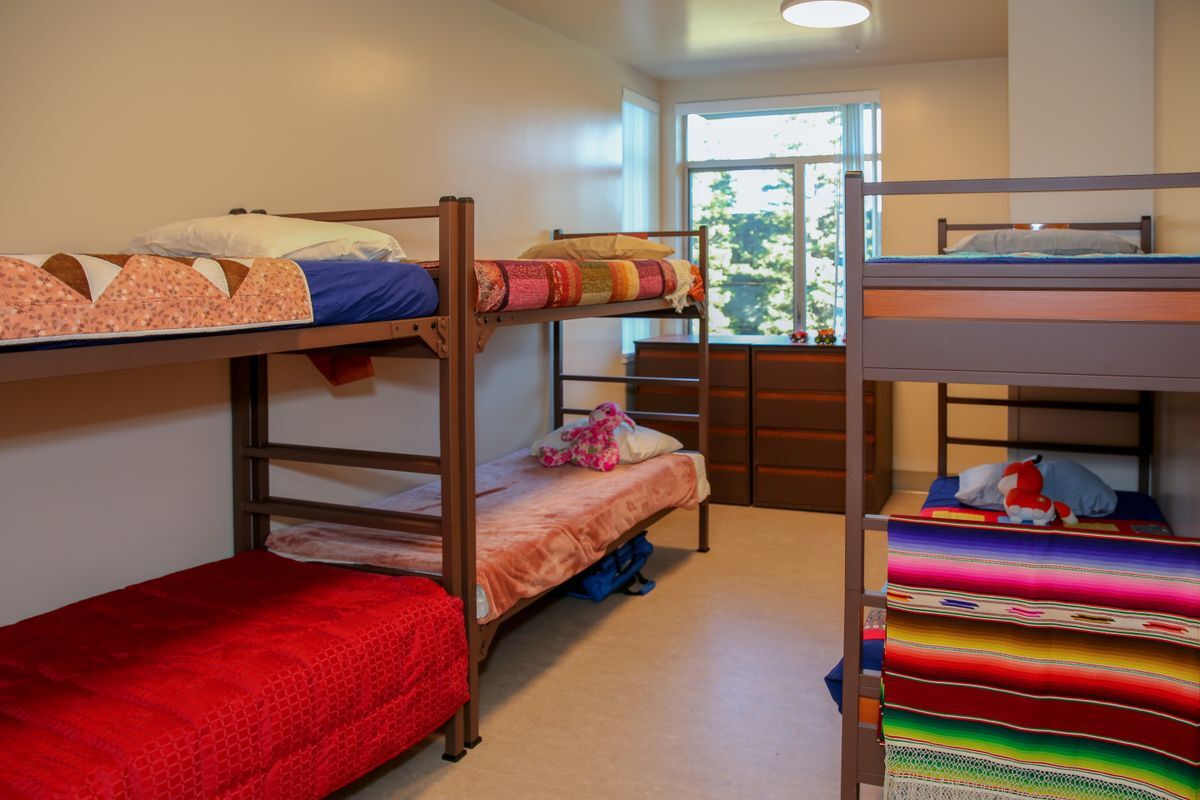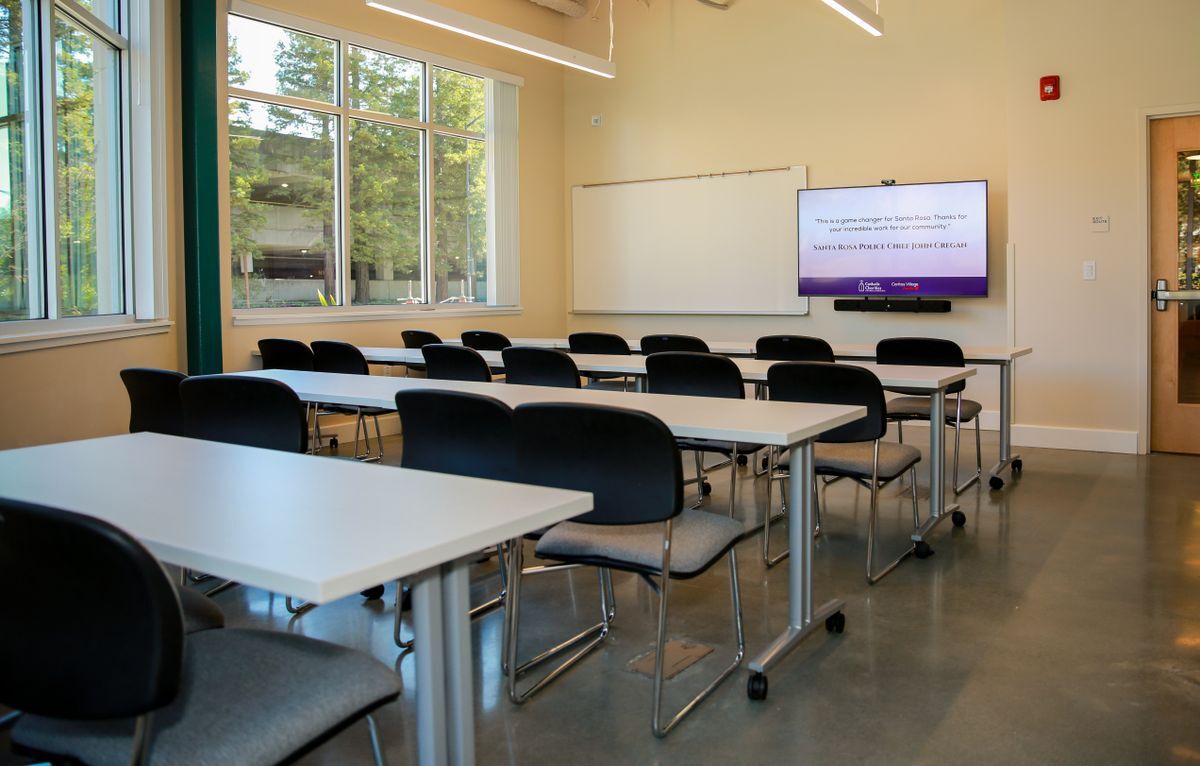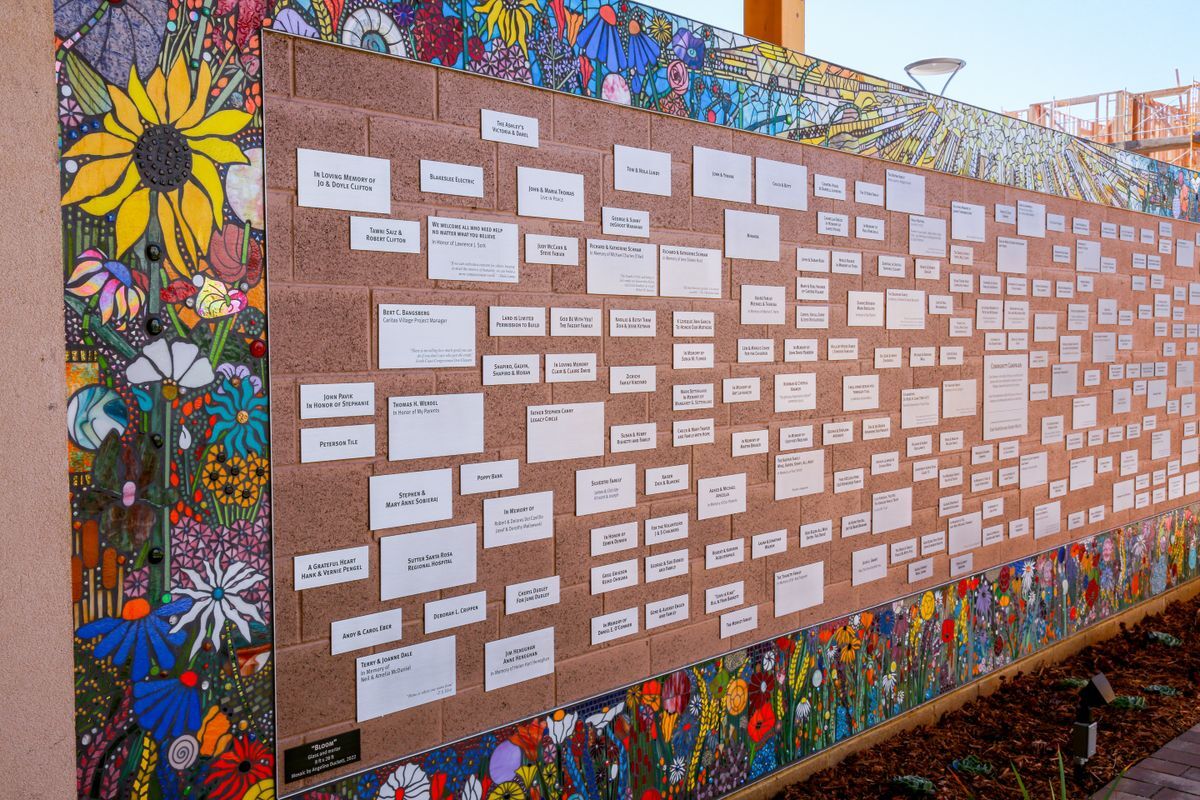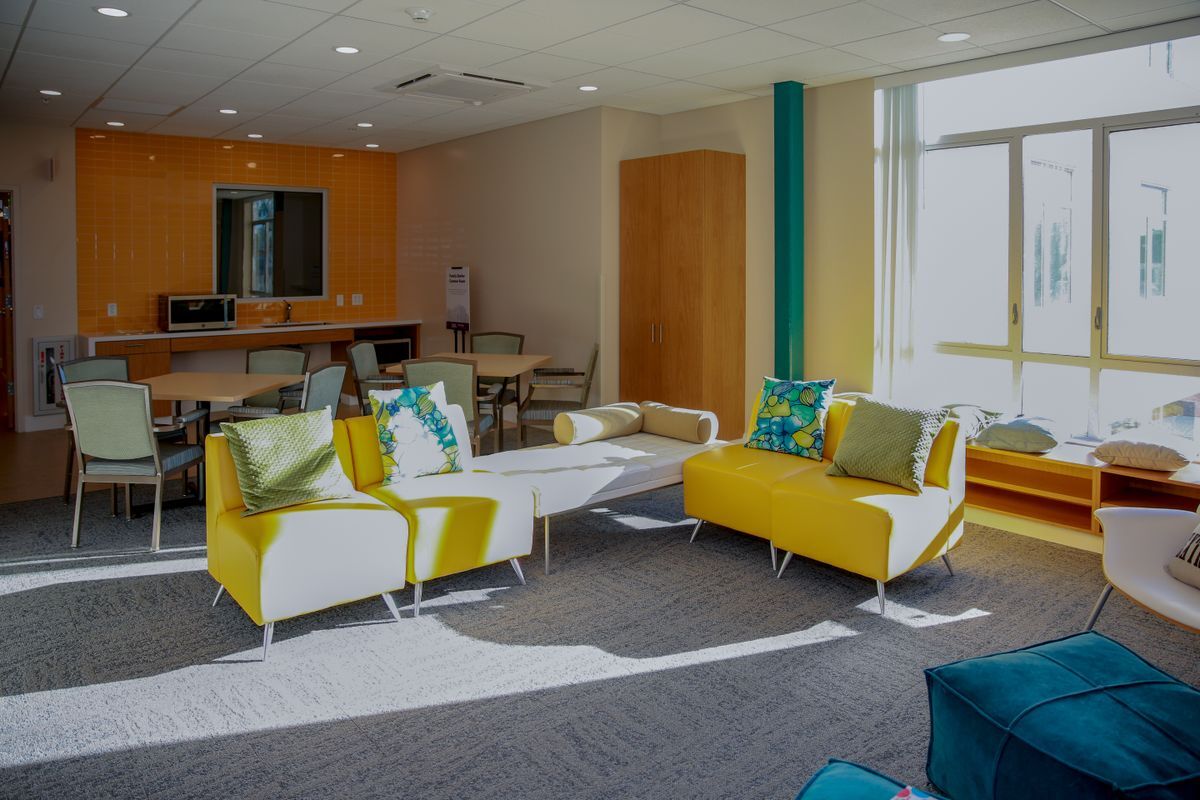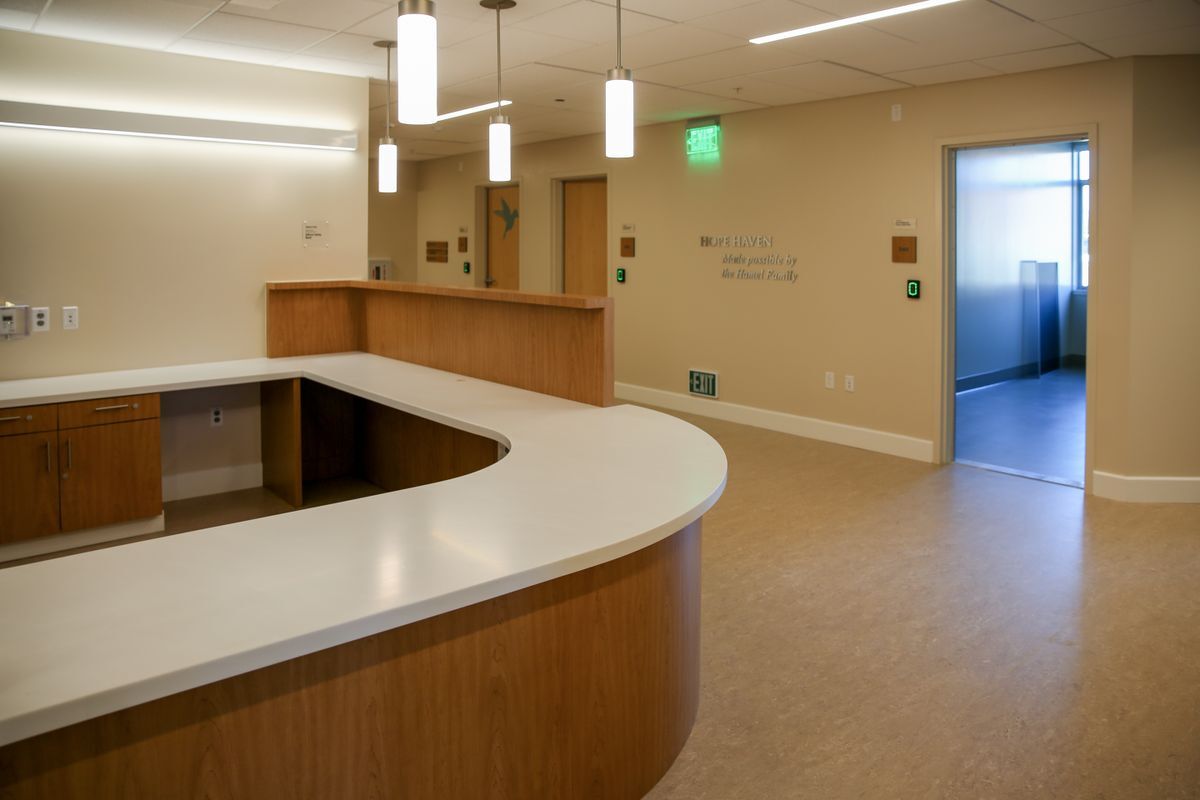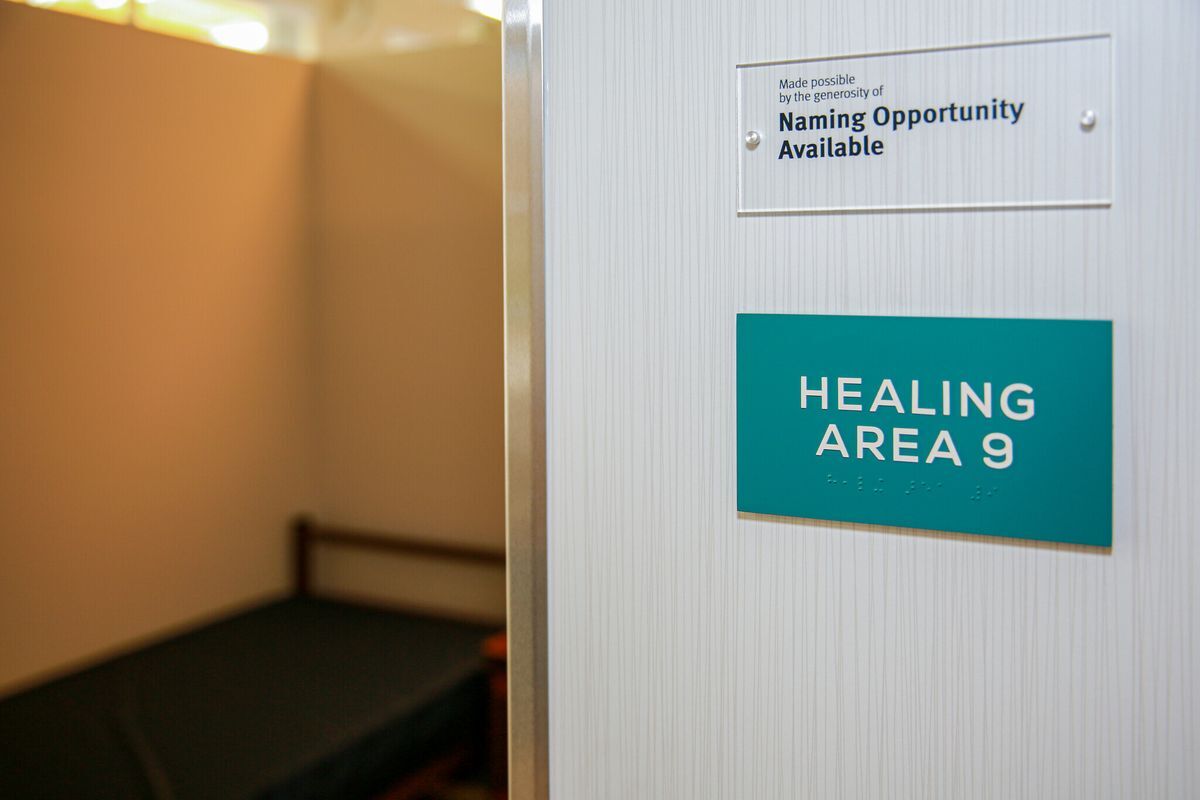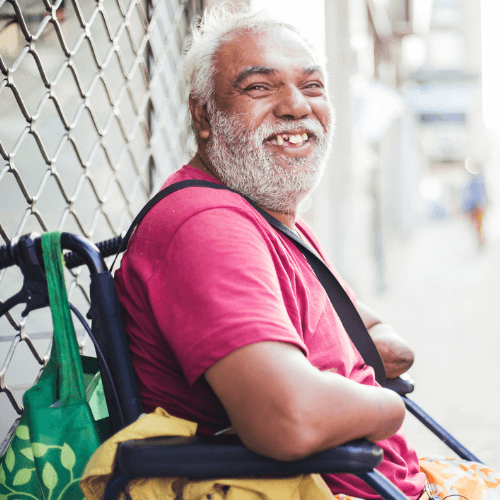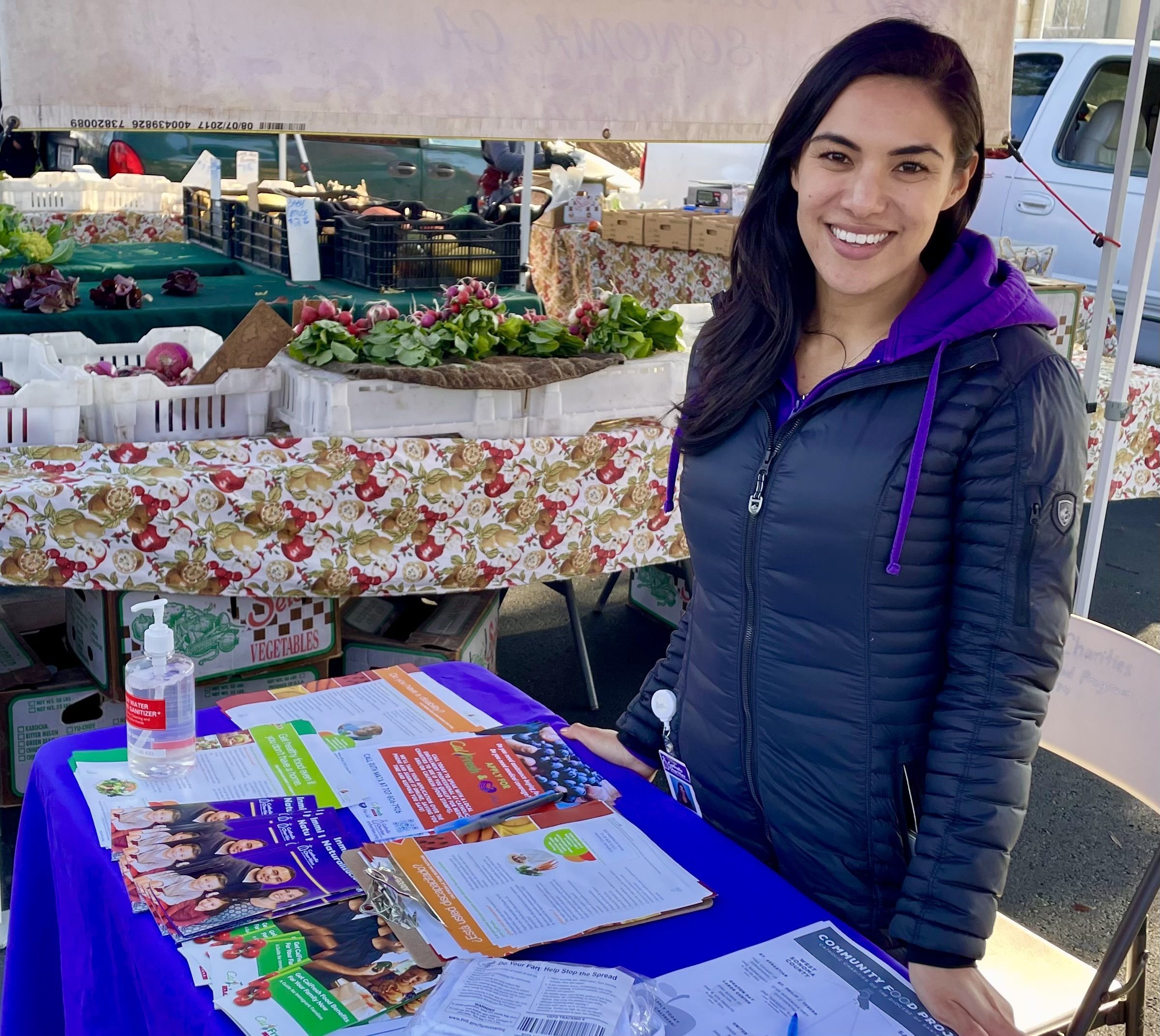Home is the foundation of our lives. No matter what challenges you face, taking care of your housing first is the key to helping you get on a steady track toward self-sufficiency. Come as you are: we welcome all with care and respect.
Housing and Shelter Services: Sonoma and Napa counties
-
OPENING SOON: City of Santa Rosa Emergency Services
Beginning July 24, 2024, Catholic Charities Diocese Santa Rosa, and our partner, Committee On The Shelter less (COTS), will be offering one-time emergency financial support generously provided by the City of Santa Rosa for residents within the Santa Rosa City Limits. This is an effort to promote financial and housing stability. Applicants are welcome to apply in person at 987 Airway Court, Santa Rosa, or call 707-528-8712.
Click here to view a map to see if your location is within the Santa Rosa City Limits.
-
Drop-in Services
Offered out of the Drop-in Center in Caritas Center, this day center offers dignity services (including showers, laundry, mail, housing search, and more) not otherwise available on the streets.
-
Street Outreach
The Homeless Outreach Street Team (HOST) meets our unsheltered population where they are to build trust and connect them to housing services.
InRESPONSE, a cross-organizational partnership with the City of Santa Rosa, provides crisis response to individuals experiencing a mental health emergency.
-
Safe Parking
50 parking spaces located in Santa Rosa for unhoused individuals residing in cars or RV’s. Participants have access to dignity services and the full spectrum of housing case management services. Click here to learn more
-
Recuperative Care
By hospital referral, you can be discharged to our Nightingale shelter where you can restore your health and begin your housing search.
-
Housing Case Management and HUD-Certified Counseling
Are you unhoused and seeking housing? Our case managers provide one-on-one support as you search for housing and stabilize once you’ve found it.
-
Permanent Supportive Housing
Supportive housing such as The Palms Inn (104 units - Santa Rosa), Imola House (9 units - Napa), and various sites across the region.
-
Youth & Family Programs
Resources for both children and parents as they navigate the education system and more. Offered at Caritas Center.
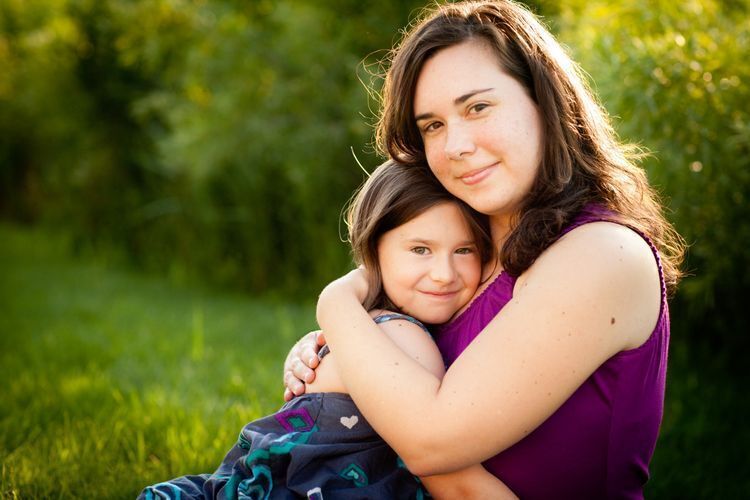
“For over two years I lived in my car. I didn’t want to enter shelter. When I saw Caritas Center, my mind changed. My children and I received loving housing support and school resources that my housing search so much easier. I don’t think I would have found housing were it not for this opportunity.” ~ Miranda, former Caritas Center Family Center.
Caritas Center Photo Gallery:
Caritas Center Video Spotlight
Through Catholic Charities’ evidence-based housing-focused service model, Caritas Center’s 48,000 square feet includes a family shelter, drop-in center, and recuperation shelter, as well as a new health clinic partnership with Santa Rosa Community Health. The site opened in late 2022 and is already a place where staff and volunteers are changing lives.
Check out this recent spotlight from our parent organization, Catholic Charities USA...
The Housing First Model
Catholic Charities utilizes the Housing First Model, the homeless assistance approach that prioritizes providing permanent housing to people experiencing homelessness, thus ending their homelessness and serving as a platform from which they can pursue personal goals and improve their quality of life.
This approach is guided by the belief that people need basic necessities like food and a place to live before attending to anything less critical, such as getting a job, budgeting properly, or attending to substance use issues. Additionally, Housing First is based on the theory that participant choice is valuable in housing selection and supportive service participation, and that exercising that choice is likely to make a participant more successful in remaining housed and improving their life.
Click here to learn more about this successful approach to reducing homelessness
Service Spotlight: Nightingale
Catholic Charities has pioneered an innovative approach to recuperative care for unhoused individuals discharged from the hospital. The Nightingale Program provides a location to refer post-surgery/hospitalized patients experiencing homelessness, a less costly alternative to hospital care for ongoing recovery post-treatment/surgery. Nightingale was developed to meet the needs of participants requiring additional recovery time, have no personal resources, and where normal congregate shelter may not be suitable for supporting the ongoing rest and recovery.

